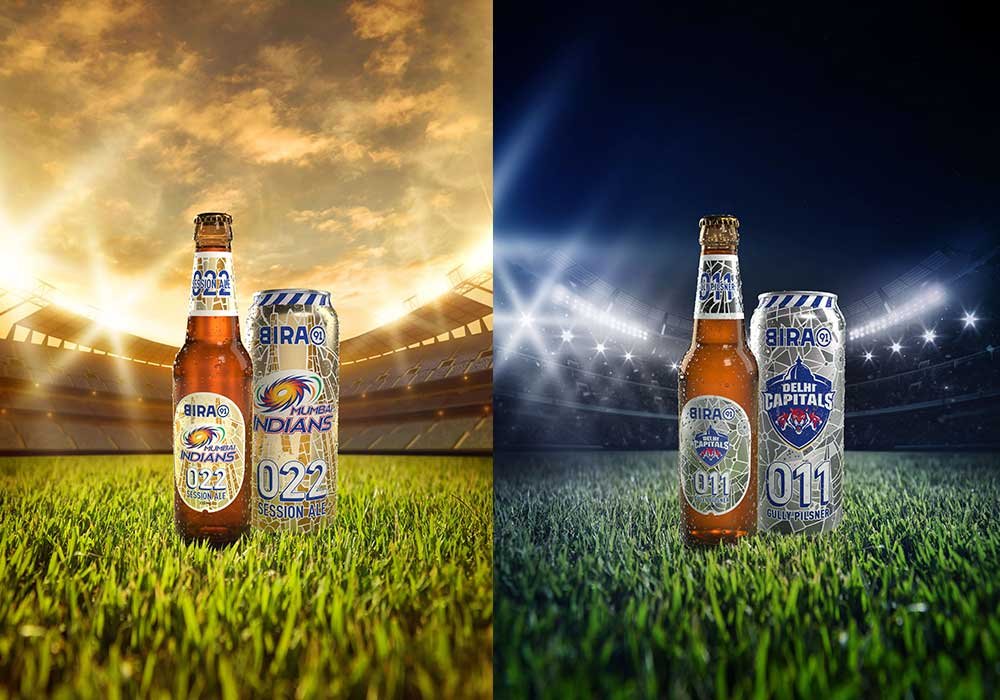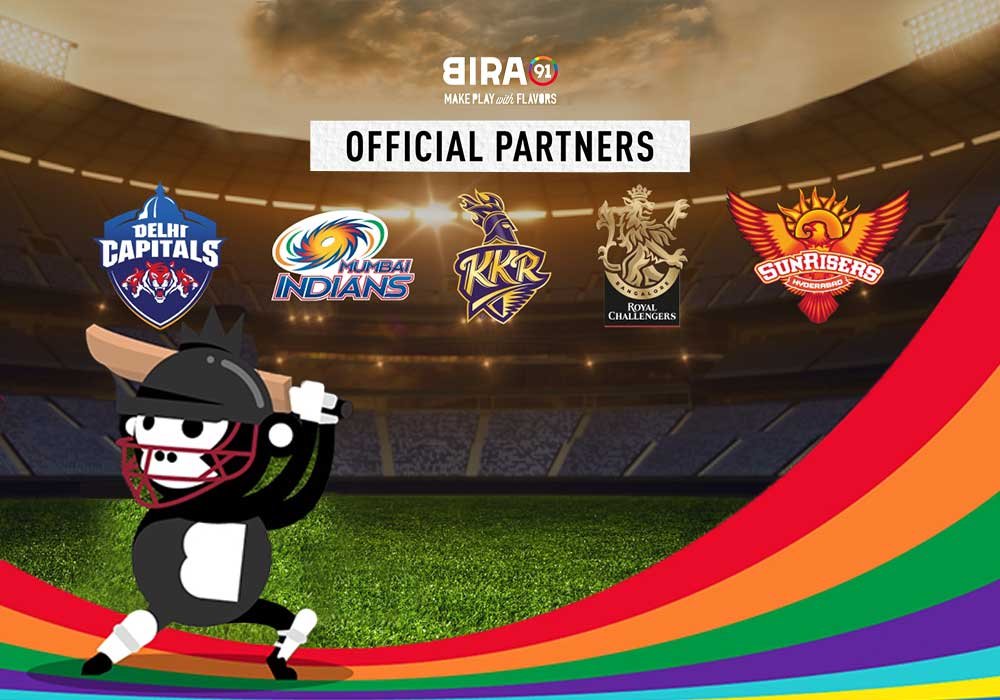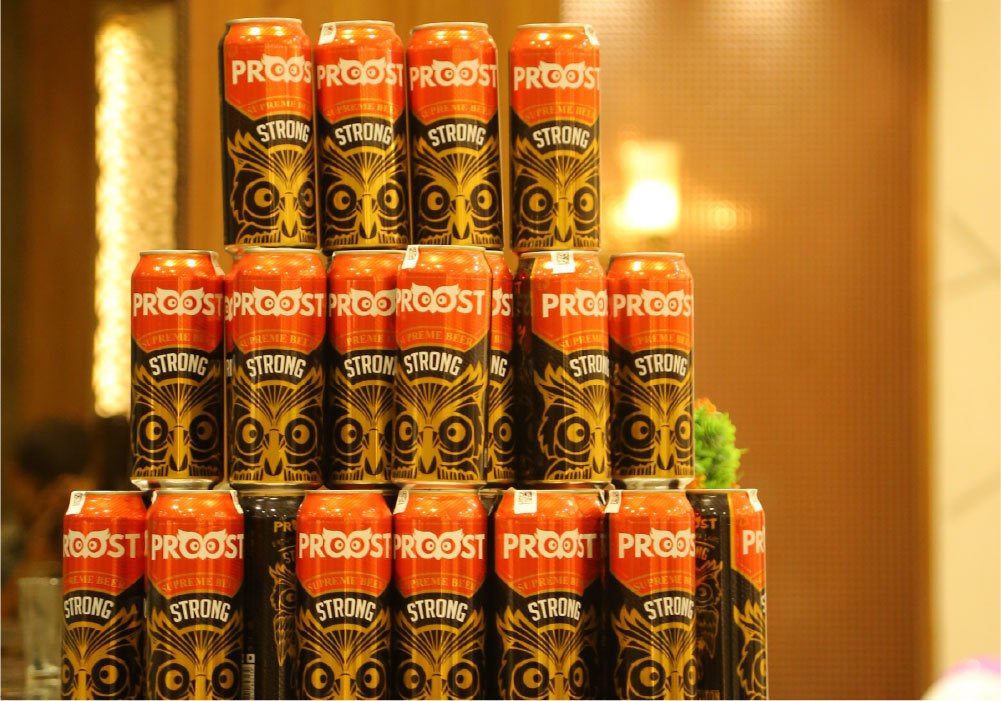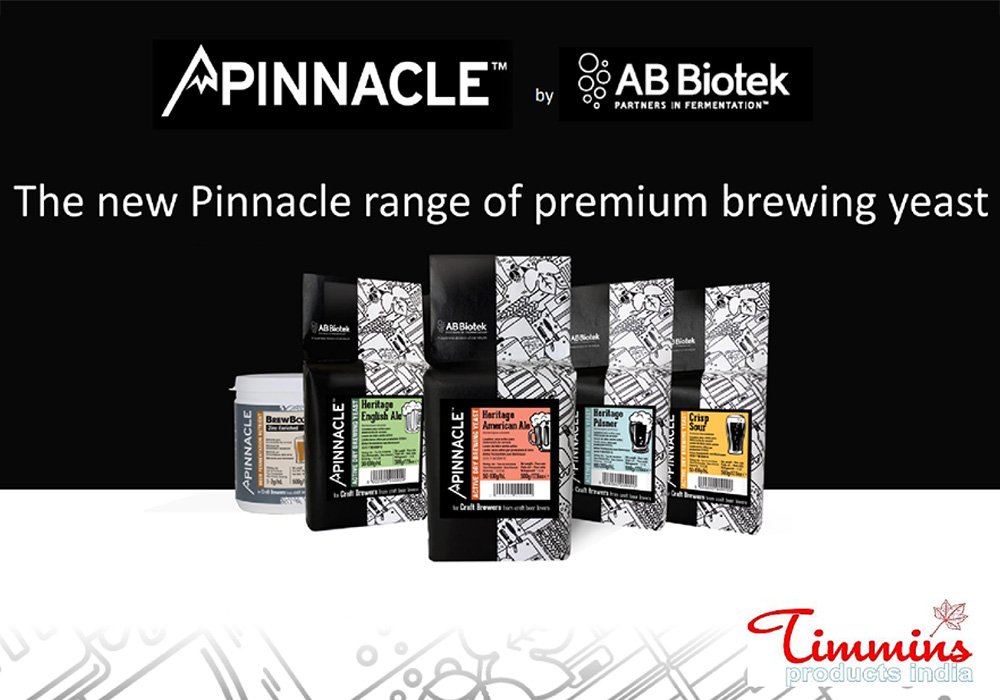
Belgian beer is known throughout the world for its wide array of flavours, from extremely sour to bitter, and is brewed in a number of cities, towns, and villages. Belgian beers are considered historic and the tradition dates back centuries. Beers are more than just alcohol in these regions. It was also considered liquid bread by monks during Lent, in some instances. Considering Belgian beer’s rich history and culture, UNESCO has included beer in the list that represents the Intangible Cultural Heritage of Humanity.
As of 2020, Belgium has 379 active breweries producing over 1,500 different beers. More than 70% of the beers brewed in Belgium in 2020 were destined for export (Source: Belgian Brewers Association).
Belgian beers In India and how the market has evolved in the last 10 years
India used to be predominantly a lager and pilsner drinking market. Consumers did not have a plethora of options to choose from as far as beer was concerned, but all of that changed when new varieties such as blondes, golden ales, and most importantly wheat beers were launched in India. These varieties are compatible with the Indian palate and make for a refreshing drink, given the tropical climate.
[caption id="attachment_23624" align="aligncenter" width="1000"] Hoegaarden Witbier[/caption]
Hoegaarden Witbier[/caption]
AB InBev’s Leffe Blond and Hoegaarden created a niche for themselves in India, paving the way for more varieties from Belgium. What was earlier considered a lager and pilsner-only market now faced stiff competition from Belgian wit and blonde varieties. The popularisation of wit varieties could also be attributed to Hefeweizen or German-style wheat beers like Erdinger and Schneider Weisse, along with the advent of microbrewery culture, which is partly responsible for educating consumers about not just what Belgium has to offer, but about other European beer varieties too.
Although the uptake was very slow, consumers also started associating Belgian beers with premium quality, unique taste, and symbols of the region itself, uplifting the overall position of beer as a drink in the alcoholic beverage market. Duvel, a golden pale ale from Brouwerij Duvel Moortgat exported to over 40+ countries, was also launched in India in 2011. As a specialty beer and a more expensive variety, Duvel appealed to discerning beer consumers - but the brewery also acknowledged India as a highly challenging market. Duvel not only launched its golden pale ale but also Lambic beers via its acquisition of Liefmans. The challenge for brands like Duvel was not just that India was a nascent beer-drinking population, but also that the regulatory landscape was less favourable towards imported brands.
[caption id="attachment_23625" align="aligncenter" width="1000"] Duvel[/caption]
Duvel[/caption]
As the consumer landscape evolved, in 2015, Bira 91 launched its private label with white and blonde beers which were contract brewed by Brouwerij Martens in Bockhold, Belgium. Thus, the company opened up the private labels market in India, which not only created demand for newer varieties but also offered competitive pricing to locally made beers.
Of the many hurdles Belgian Breweries tackle in emerging markets like India, price is one of them and a crucial factor that determines the brand’s positioning and overall success. Aside from the regulations concerning alcoholic beverages in India, pricing is burdensome and challenging for many Belgian breweries due to hefty import duties.
[caption id="attachment_23626" align="aligncenter" width="1000"] Bottled Belgian beers at a store[/caption]
Bottled Belgian beers at a store[/caption]
Present challenges and opportunities
In the last five years, the market has witnessed multiple private labels foraying into India and also brands like Delirium Tremens from Brouwerij Huyghe strategically positioning and launching themselves. Some of the reputed family-owned names from Flanders, like Brouwerij Brabandere, Brouwerij Van Steenberghe, Brouwerij Van den Bossche and Kasteel Brouwerij Vanhonsebrouck, have launched private labels in India. Indian counterparts working with the family-owned breweries have been fairly optimistic and they have launched some of the specialty variants from Belgium, such as the Lambic or the gueuze, and stronger beers like dubbels, tripels, and other Trappist ales, boosting overall consumer sentiment and demand for new variants.
[caption id="attachment_23627" align="aligncenter" width="1000"] Delirium Tremens[/caption]
Delirium Tremens[/caption]
The interest of breweries from Flanders, Belgium remains very strong towards India, and they continue to explore the market, where, ideally, they would partner with an Indian company, preferably an importer and distributor with experience in dealing in alcoholic beverages with pan-India retail and HORECA distribution.
How can Flanders Investment & Trade (FIT) help?
Flanders Investment & Trade (FIT) is a government entity charged with the responsibility of promoting bilateral trade and investment. FIT does so by supporting the international activities of Flanders-based companies and by attracting foreign investors to Flanders.
With over 70 + offices globally, FIT assists, supports, and stimulates companies in international business and offers tailored advice and guidance. As a market facilitator, FIT is geared to provide companies the know-how for doing business in India. FIT is sector agnostic and is equipped to provide commercial research, market intelligence, and strategic advice to companies. The in-house team at their offices in Bangalore, Mumbai, and New Delhi have developed extensive knowledge and networks for high-volume sectors such as cleantech and renewables, logistics, textiles, building materials, technology, and food and beverage.

Alcoholic beverages being a consumer-driven sector, FIT provides commercial research and facilitates market entry for breweries from the region of Flanders who are looking to export. As a kick-starter, breweries are also often connected with relevant Indian counterparts with whom they can strike up a trade dialogue. By doing this, Flemish breweries get further exposure and access to the growing Indian consumer base.
The Indian market has a lot of potential, considering the per capita beer consumption is nowhere close to mature markets such as Europe and the US, and although the pandemic has taken a toll on the sector, the attitude of Flanders-based breweries remains buoyant towards India.
Although it may appear that the market is flooded with private labels, craft breweries and other well-known foreign brands, the rivalry amongst brands for placement and position is only likely to create further growth opportunities. Trends over the last five years suggest the volume is shifting away from core lager products and more towards premium beers and value-based brands. The Indian consumer base is large enough for all categories of brands to thrive and benefit from a share of the pie, provided that brands find the right partner, price wisely, and position strategically. Researching the opportunities and carefully chalking out a mid to long-term marketing plan can very well lay down the groundwork for an India success story for even small and medium-sized breweries from Flanders, Belgium.
If you represent an Indian company interested in connecting with breweries or specific companies in the Flanders region, please reach out to FIT’s trade desk via email at bangalore@fitagency.com (South India), mumbai@fitagency.com (West India) & newdelhi@fitagency.com (North & East India), respectively.













